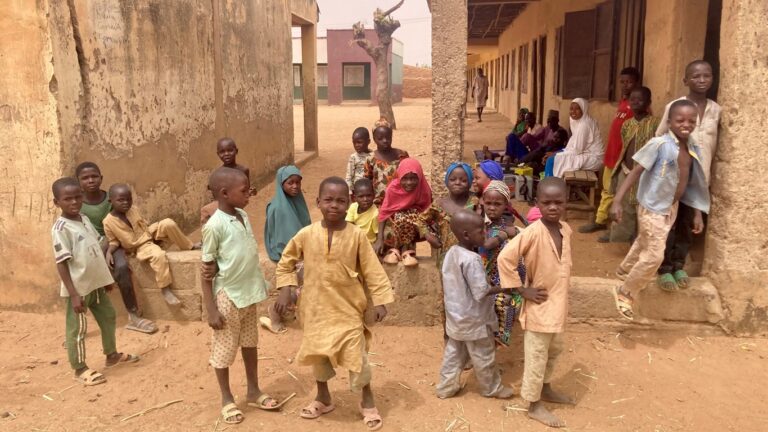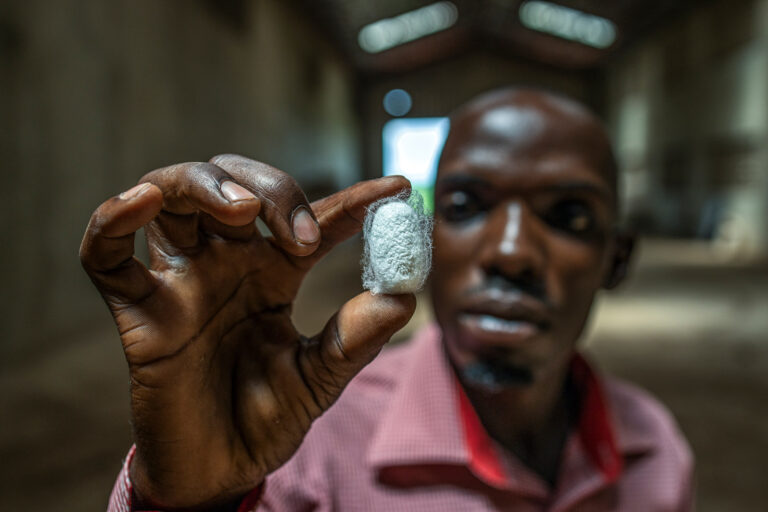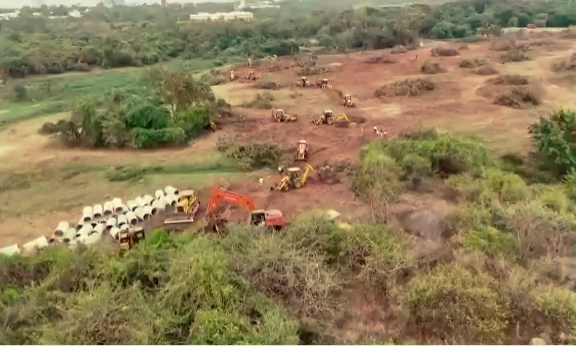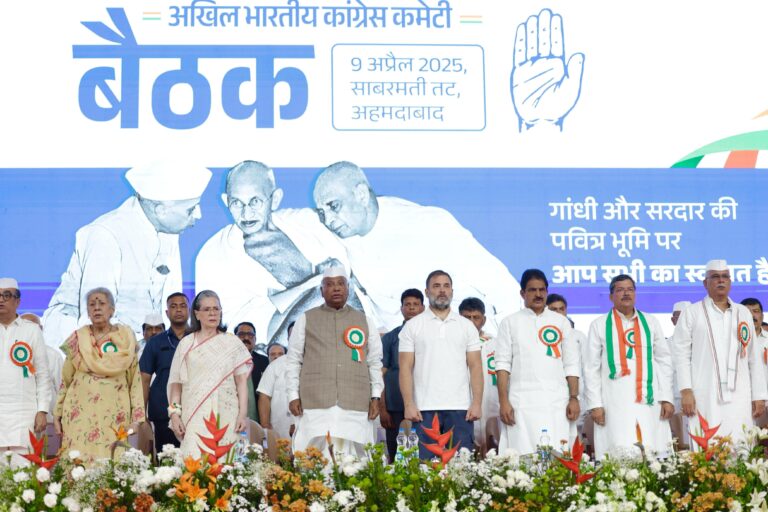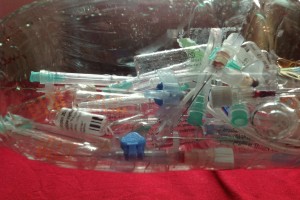
By DK Sinha
Patna: Even as bio-medical waste (BMW) keeps piling up during Covid pandemic, Bihar faces a daunting task to dispose of as 69 per cent BMW remains untreated in the state.
Bihar State Pollution Control Board (BSPCB) Chairman Dr. Ashok Ghosh said that notices are issued to the hospitals for not adhering to rules, framed for disposal of biomedical waste, even as erring hospitals also face closure.
As of now, Bihar has generated 348.79 tonnes of biomedical waste, related to Covid pandemic, according to an official estimate. There has been a 46 per cent increase in COVID-19 biomedical waste generation in India in April- May 2021, when the Covid pandemic was at its peak, as per an analysis by Centre for Science and Environment (CSE).
A large number of unauthorised medical facilities across the state is only worsening the situation as several of them are not properly equipped to treat the medical waste, commented Dr. Siddharth Saurav of KP Sinha Memorial Specialty Hospital in Patna. He said that biomedical waste, generated at his hospital, is sent to the central bio-medical waste treatment plant at the city-based Indira Gandhi Institute of Medical Sciences (IGIMS).
Dr. Prashant at Central University of South Bihar, Gaya, said that in addition to one at IGIMS, central biomedical waste treatment facilities are also available in Gaya and Muzaffarpur in the state but all hospitals are not covered by them. The ongoing vaccination drive against the dreaded virus has put a strain on the limited biomedical waste treatment facilities, he added.
Fines are imposed on hospitals for not adhering to rules and also electric and water supply is restricted to them but Dr. Prashant pointed out that government authorities have to face public outcry if any attempt is made to close them. Hospitals take the advantage of it and don’t follow rules strictly for disposing of biomedical waste, he added. According to him, proper treatment of wastewater is important in the backdrop of a study, led by scientists at IIT-Gandhinagar that detected genetic material of the SARS-CoV-2 virus in wastewater.
Expressing concern over delays in the sewage treatment plants becoming operational under the Namami Gange programme, Dr. Prashant said special attention should be given to set up new sewage treatment plants and also to augment the capacities of existing ones in the state.
Proper disposal of large numbers of vials and syringes, used during the Covid vaccination drive, is another major challenge. It gets only tougher if the vaccination drive particularly is carried out inside schools, tents or camps, he added.


